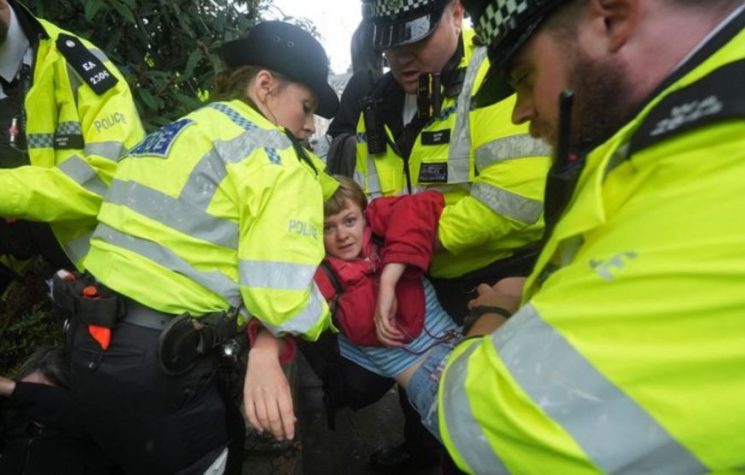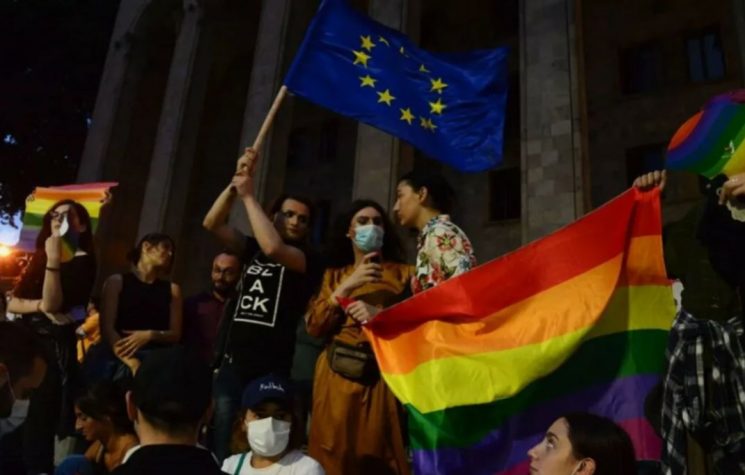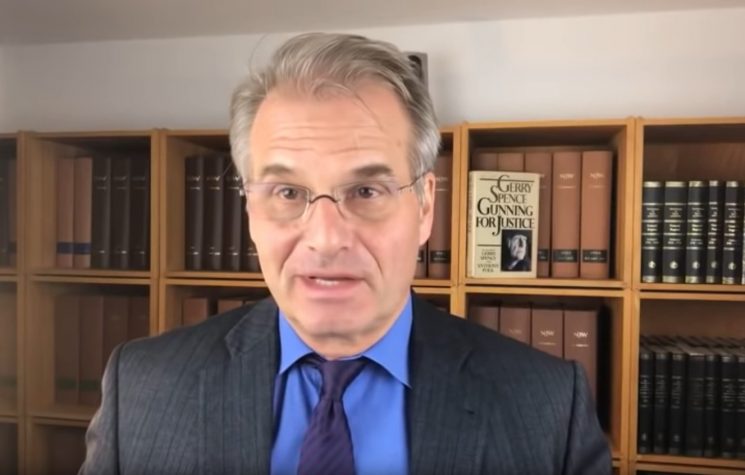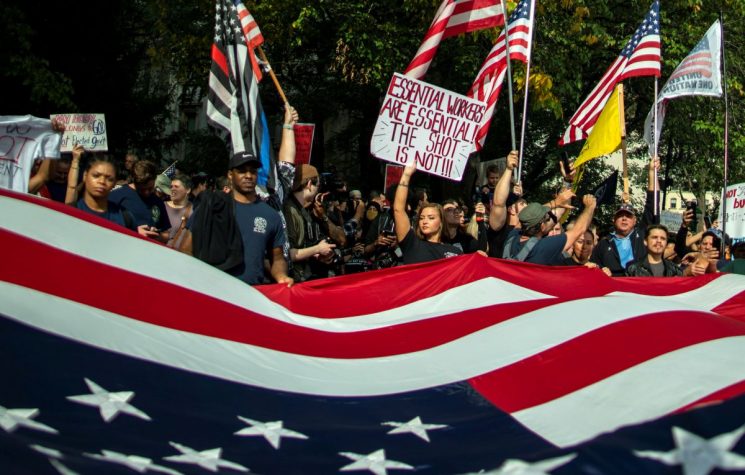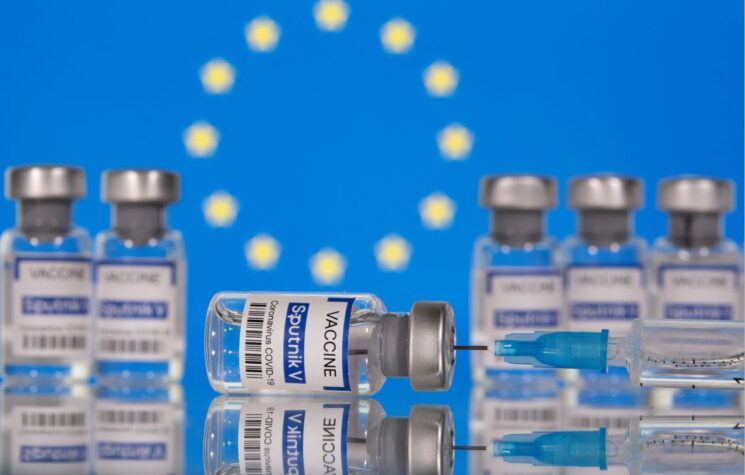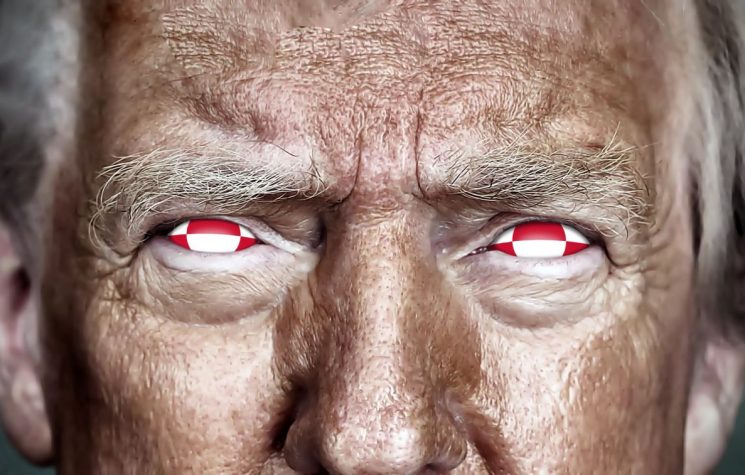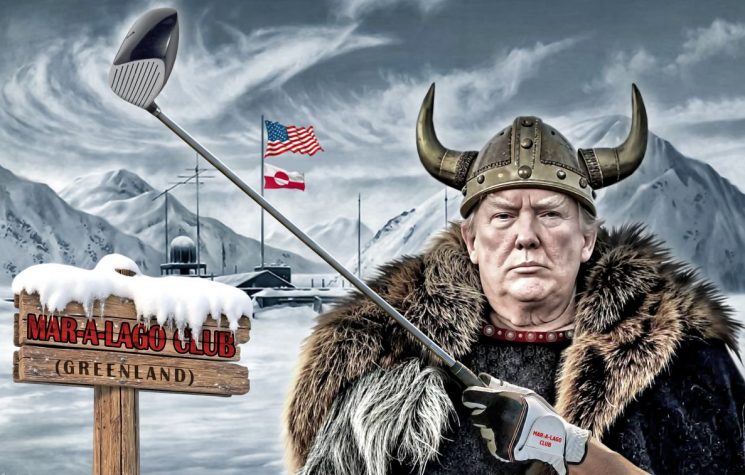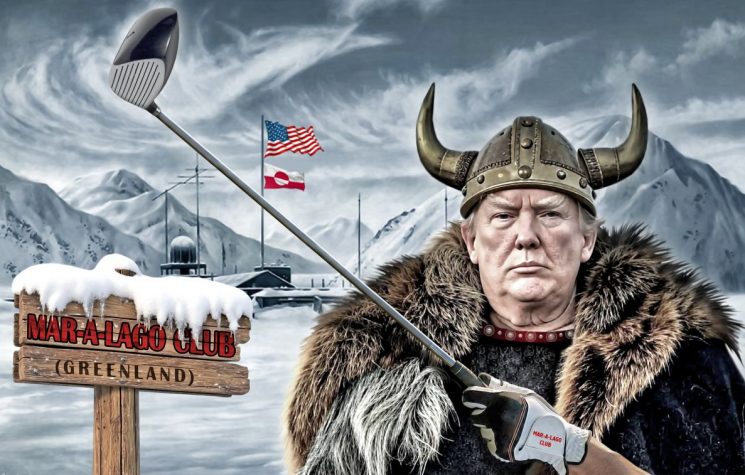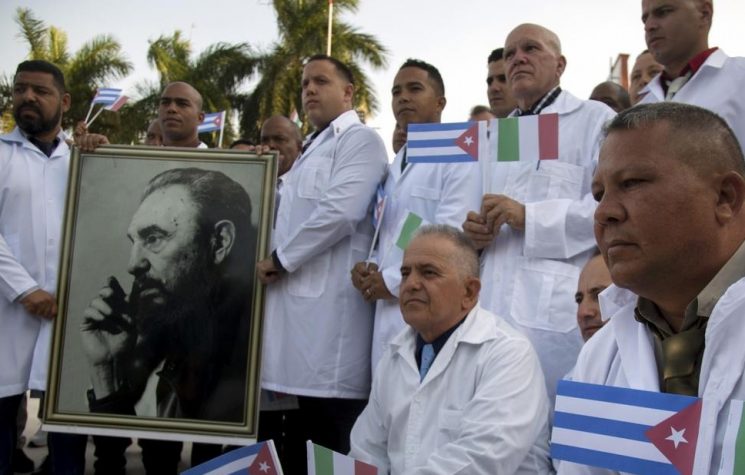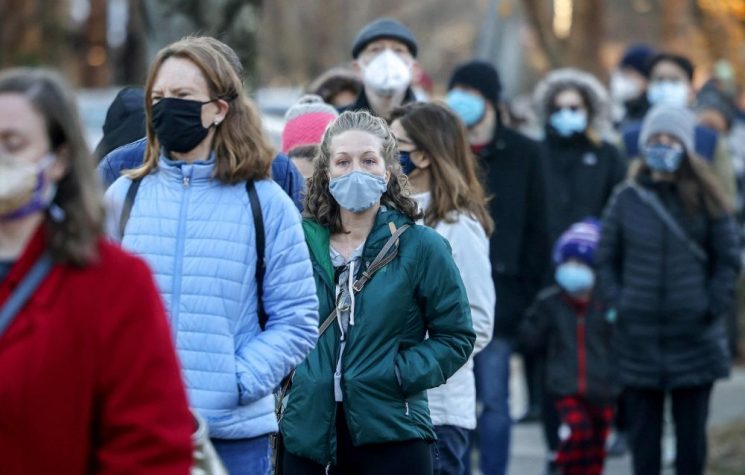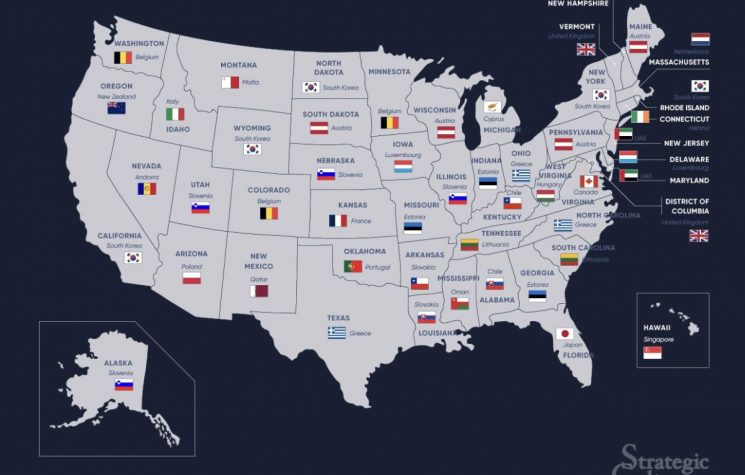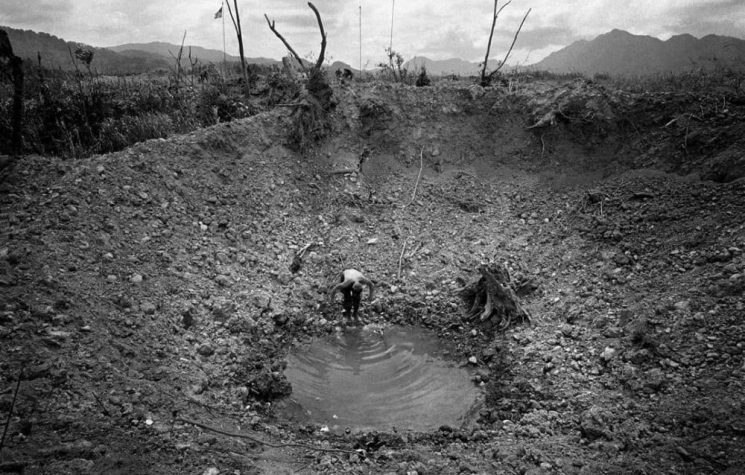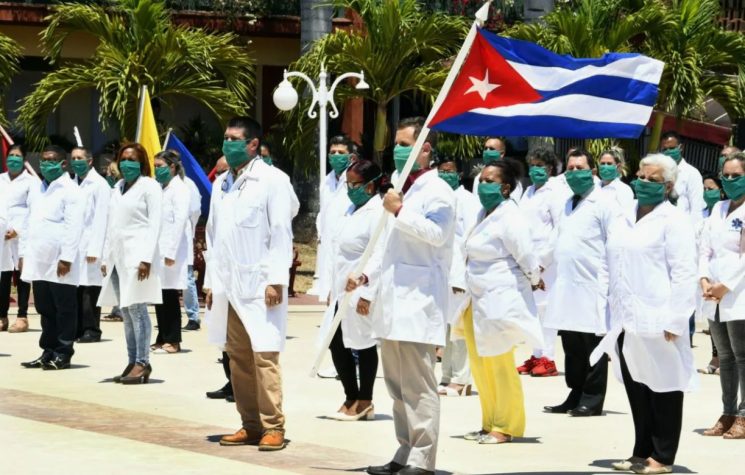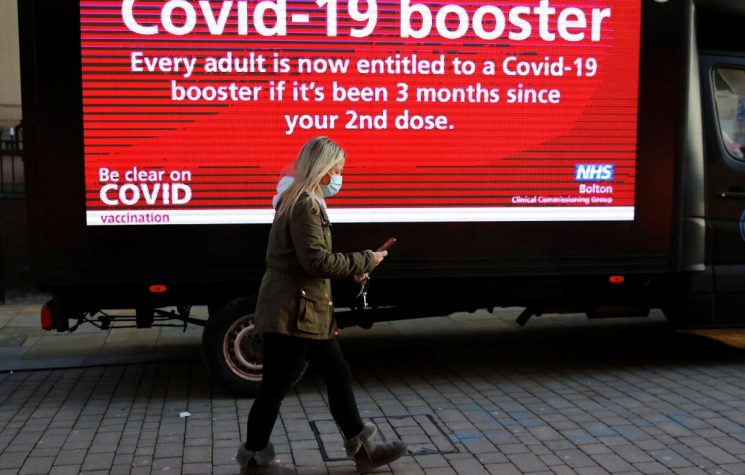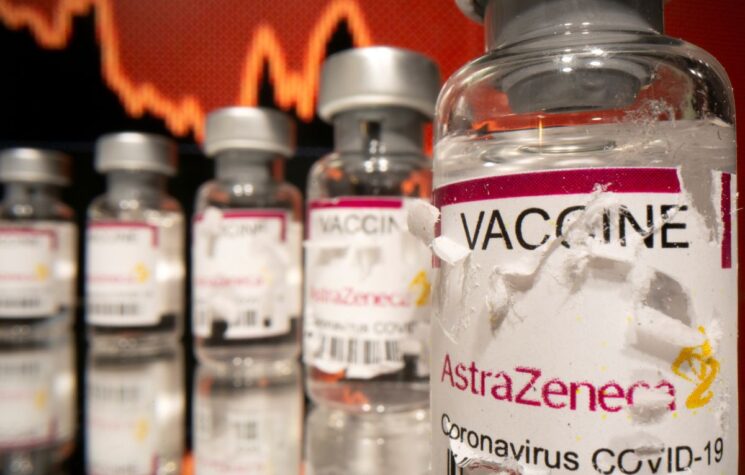A viral pandemic cannot succumb by practicing sinister nationalism, by making Russia or China the bogeymen that we all must fear.
After two weeks of suspended use of AstraZeneca (AZ) vaccine due to unusual blood clots and some deaths perhaps linked to the vaccine, Denmark’s health agencies extended suspension for three more weeks. Norway and Sweden, the co-maker with England of AZ, followed suit. Four Norwegians and two Danes have died from cerebral blood clots shortly following vaccination.

Protestors at Astra Zeneca. Creative Commons photo.
At its March 25 news conference, Danish Medicines Agency spokesperson Tanja Erichsen said it was necessary to continue evaluating a possible connection between the vaccine and several dozens of vaccinated persons who developed blood clots with some deaths.
“We maintain that AstraZeneca is safe and effective…[However] it can’t be ruled out that there is a connection between the vaccines and the very rare blood clot cases,” Erichsen stated.
Health Authority Director Soeren Brostroem said, “We are still concerned” about possible links between the vaccine and many serious side effects. He added that although European Medicines Agency (EMA) regulators have cleared the vaccine for use, the Agency is still investigating data. EMA, however, has not recommended any suspension.
Denmark’s government announced on March 11, exactly one year from the first lockdown, that the AstraZeneca vaccine is temporarily suspended.
South Africa was the first to suspend the AZ vaccine, on February 8, because the trial of “about 2000 people, found such a low efficacy against mild and moderate disease, under 25%, that it would not meet minimal international standards for emergency use. But scientists are hopeful it might still prevent severe disease and death…”
When Denmark first suspended its use for two weeks, Norway, Iceland, Latvia, Estonia, Lithuania, Luxemburg, Italy followed suit. Some suspended use of batches but not all of their AZ doses.
The countries that produce AZ vaccine, England and Sweden, did not suspend its use. After some days, however, Sweden joined in. As of this writing, most of the score of countries that had suspended AZ are again using it, because EMA still maintains that it is safe. Sweden resumed using AZ on March 25 but only for seniors over 65 given that serious side effects have not occurred in older people. Finland and Iceland have taken the same position whereas Norway has followed Denmark’s extension for three more weeks.
Since the Danish suspension, 2000 reports of side effects have been made. Health workers will use these three weeks to explore causes.
“Many may wonder whether we are overcautious. You can say that…we have added precautionary principles, because the Danish people trust their health care system and we must live up to their trust,” Health Authority Director Soeren Brostroem said. “We are still concerned” about possible links between the vaccine and many serious side effects. He added that although European Medicines Agency (EMA) regulators have cleared the vaccine for use, the Agency is still investigating data. EMA, however, has not recommended any suspension.
All who wish to be vaccinated, including about 140,000 Danes who have taken the first dose of AstraZeneca, will get another vaccine if they wish, even if AZ is placed back in use. If AZ does not meet health safety requirements, the calendar for completing vaccinating all those who wish it might be put off by two to four weeks. The date for completion at this point is July 25.
Most of the 16% of Danes who have had one or both doses of vaccines have taken Pfizer or Moderna. At present, there are about one million AZ doses stored in refrigerators.
As of March 16, AstraZeneca said there had been 37 cases of blood clots related to the vaccine—“15 all of these cases have been diagnosed as deep vein thrombosis, while there have been 22 cases of pulmonary embolism so far”.
At that time, about 20 million Europeans, the majority Englanders, had taken one or two doses of the vaccine. It has been reported that at least seven people taking the AZ vaccine have died within a two-week period following injection.
EMA authorized AstraZeneca Covid-19 vaccine for the prevention of coronavirus disease, on January 29, 2021. “This is a safe and effective vaccine. Its benefits in protecting people from COVID-19 with the associated risks of death and hospitalization outweigh the possible risks,” Emer Cooke, the EMA executive director, said at a news conference, March 18.
EMA’s new investigation uncovered a few “rare and unusual but very serious clotting disorders” that the committee is probing more closely, Cooke said. These include conditions such as disseminated intravascular coagulation (DIC), in which clots form extensively throughout the body, and cerebral venous thrombosis (CVT), a rare form of stroke.
EMA took only a few days to conclude again that AZ is safe enough, yet the agency has still not concluded its evaluation of the Sputnik V vaccine, which Russia sent data for approval on January 20. EMA began a preliminary “rolling review” on March 4.
While AZ is tested at 60-62% efficacy, The Lancet reported, on February 20, that Sputnik V is safe and efficacy is at 91.6%.
I asked EMA press office personnel in Amsterdam why it is taking so long for Sputnik V to be approved and what its thought are about the U.S. not using it. A medical media employee (who wished not to be quoted) replied that the EMA “does not speculate on considerations of the US FDA regarding the authorization of the AstraZeneca COVID-19 vaccine.”
Regarding Sputnik V, the EMA press office person wrote that “EMA is assessing the vaccine’s compliance with the usual EU standards for efficacy, safety and quality. EMA is evaluating data as they become available to decide if the benefits outweigh the risks. The rolling review will continue until enough evidence is available for a formal marketing authorization application.”
It did not take long for EU to approve a vaccine by a totally unknown vaccine producer (Johnson & Johnson), which it did on March 11. J&J applied on February 15.
“The European Union approved the single-shot Johnson & Johnson [J&J] coronavirus vaccine on Thursday, the fourth jab to get the green light for the 27-nation bloc.”
“More safe and effective vaccines are coming to the market,’ EU Commission President Ursula von der Leyen said in a tweet.”
“How is it that a drug and household health product company, with no prior history in vaccine development, can develop and rush to market its first vaccine against a viral strain that was only identified 14 months ago?” wrote Children’s Health Defense the day following EMA approval of J&J vaccine.
“A review of J&J’s rap sheet over the past three decades presents a dire and contrary image that should lead us to question the company’s claims about its COVID-19 vaccine given the lucrative market the pandemic has created for the most aggressive medical corporations.”
“Similar to its equally over-sized competitors Glaxo, Merck and Pfizer, J&J too has had to pay out billions of dollars over the decades for civil settlements and criminal activities. As the pharmaceutical giant receives applause across the mainstream media for the release and Emergency Use Authorization for its COVID-19 vaccine, Brazil’s Public Prosecution Service started an investigation into J&J’s antitrust activities under the Foreign Corrupt Practices Act (FCPA) for, “possible improper payments in its medical device industry.”
A quick review of how much J&J money has been sentenced to pay in fines, instead of jail sentences, and in restitution to customers for faulty products in the past three decades runs around $30 billion. One leading employee did receive a year imprisonment for corruption.
New research points to link between AstraZeneca vaccine and blood clots in young people
Vaccine Deaths.com is a fact-based public education website published by Vaccine Deaths Features.LLC. Its news editors wrote on March 23: “Researchers at the Greifswald teaching hospital in northern Germany said Friday they’ve discovered how the Astra Zeneca vaccine could cause blood clots that could lead to rare thrombosis in the brain, public broadcaster Norddeutscher Rundfunk reported.”
Greinacher’s team analyzed 13 cases of cerebral blood clots in Germany. Twelve were women, almost all under the age of 55. “In four of the 12 patients, the team was able to isolate and identify the specific antibodies that provoked the immune reaction leading to the cerebral blood clots.”
While researchers are studying cases in Germany, a team at Oslo University Hospital, is investigating three cases of post-vaccination blood clots in Norway that occurred in healthcare workers under the age of 50. Chief physician Pål Andre Holme said they had likely identified antibodies triggered by the vaccine that caused an overreaction of the immune system leading to blood clots.
“Our theory is that this is a strong immune response that most likely comes after the vaccine,” Holme said. “There is no other thing than the vaccine that can explain this immune response.” This is the same theory that Greinacher and his colleagues have put forward in Germany.
Some U.S. vaccine experts remain cautious about the antibody theory and said high publicity of events could be causing more clinicians to report the condition than normal, making it appear related to the vaccine, according to Reuters.
“The U.S. experts also question why such events would occur only at increased rates with the AstraZeneca vaccine and not the vaccines by Pfizer Inc. and BioNTech SE, Moderna Inc, Johnson & Johnson and Russia’s Sputnik V vaccine—all of which are intended to produce antibodies aimed at the ‘spike’ portion of the coronavirus that it uses to enter cells,” wrote Reuters, March 20.
The next day, Italian prosecutors reported they were opening an investigation for “manslaughter” “following the death of a music teacher one day after receiving his shot of the Oxford-AstraZeneca Wuhan coronavirus (COVID-19) vaccine”.
Is EMA and Denmark Stalling on Russia’s Sputnik V Under U.S. Orders?

317 Sputnik V Photos – Free & Royalty-Free Stock Photos from Dreamstime
The United States and some allies are “engaged in efforts to malign the Russian Sputnik V vaccine and to promote the more expensive mRNA vaccines produced by ‘western’ companies.”
U.S. Dept. of Health and Human Services, Office of Global Affairs, “used diplomatic relations in the Americas region to mitigate efforts by states, including Cuba, Venezuela, and Russia…dissuade countries in the region from accepting aid from these ill-intentioned states. Examples including using OGA’s Health Attaché office to persuade Brazil to reject the Russian COVID-19 vaccine, and offering CDC technical assistance in lieu of Panama accepting an offer of Cuban doctors.”
The U.S. “Health and Human Services” wrote the above on page 47 of its 2020 annual report.
Russia does not discriminate in who gets to buy its vaccines. In fact, the investor and producer offer all countries to buy a license for its Sputnik V, which they can produce on their territory. Russia has also donated two million doses to Palestinians in the Gaza.
Sputnik V is based on a safe and tested human adenovirus vector platform. Using two different human adenoviral vectors is a unique approach that boosts the immune response and provides long lasting immunity. It does not need to be frozen for storage. It costs $10 per dose. Pfizer and Moderna cost twice to thrice that and need to be frozen. AZ has the advantage of simple refrigeration and costs less than the other vaccines.
“On January 18, 2021 mass vaccination of the citizens began in Russia…the first country in the world in which three of its own vaccines are registered and being used,” reported the Russian embassy in Copenhagen.
“Moreover, the vaccine protects 100 % against moderate or severe forms of the disease. To date, the vaccine has already been registered in 50 countries…The Russian Direct Investment Fund, which promotes the vaccine, has applied for registration of Sputnik V in the EU.
“Vaccination is being carried out in all 85 regions of [Russia]. Over four thousand vaccination points have been opened…at least 45% of Russians over 60 were vaccinated” [early March].
“The head of the European Bureau of the World Health Organization (WHO), Hans Kluge has welcomed the results of the third phase of clinical examination of the ‘Sputnik V’.”
“There are no strong allergies caused by Sputnik V.”
Denmark Prime Minister Mette Frederiksen told DR [Denmark Public Broadcasting company], February 25, that the corona virus could last for up to a decade. Denmark, she said, is “dependent on AstraZeneca, Pfizer and Moderna delivering as agreed…It is problematic that the Americans, the British and the Israelis have vaccinated more.”
Why did Frederiksen then travel to Israel instead of travelling or phoning Moscow for direct aid? Israel does not produce vaccines, but Frederiksen returned from Israel stating there might be a possibility of starting a production of vaccines between the Zionist state, Austria and Denmark sometime in the future.
In Denmark (and generally in the EU), Sputnik V has been ignored or maligned. I have watched every one of the dozen news conference during this long period, as well as special news analysis program, and not once has any journalist, health agency spokesperson or government leader, including the prime minister, even mentioned Sputnik V.
Ironically, the right-wing Hungarian government is the first European country to break ranks and bought Sputnik V. It also uses China’s Sinopharm, as well as the three Western produced vaccines. Two other former Eastern European countries are doing the same, Slovakia and Republika Srpska (entity of Bosnia and Herzegovina). As of this writing, 55 nations are buying Russia’s Sputnik vaccine, and four of the heavies (Italy, France, Spain and even Germany) are discussing deals with the Russian producer.
Germany’s vaccination program director, Thomas Meretens, praised Sputnik V, despite the fact that EU commission president, Germany’s former defense minister, Ursula von der Leyen, casts dispersions about Sputnik V.
On March 14, Mertens told Rheinische Post, “Russian scientists are very experienced in vaccines. Sputnik V is a very clever construct. As with AstraZeneca, we are talking about a viral vector vaccine, which is based on an adenovirus. But unlike AstraZeneca it uses two different viral vectors for the first and second doses. That’s very clever, because that way you can prevent a possible loss of efficacy that might arise through the immune response against the vector.”
On March 11, Russian President Vladimir Putin said that Covid-19 vaccine producers are struggling for the global vaccine market. “We see how competitors behave in the global vaccine market worth $100 billion. They come, sell a small batch of their vaccine at a discount, on the condition that everything else will be purchased only from this producer,” President Putin said. Some producers compete unfairly, sell a small batch of vaccines at a lower price on the condition to be an exclusive supplier, Putin continued.
Strategic-Culture Foundation March 12 editorial stated: “The longer the delay in vaccinating the European population the greater the danger of new variants emerging, and hence the longer the delay in returning societies to pre-pandemic normalcy. Populations are becoming restive over protracted lockdowns. Economies and livelihoods have been wrecked by the pandemic. Millions of jobs have been lost.”
A viral pandemic has no ideology. It cannot succumb by practicing sinister nationalism, by making Russia or China the bogeymen who we all must fear and attempt to overturn by hook and crook. Russiaphobia practiced by U.S./allies is counterproductive and will backfire on us all.














